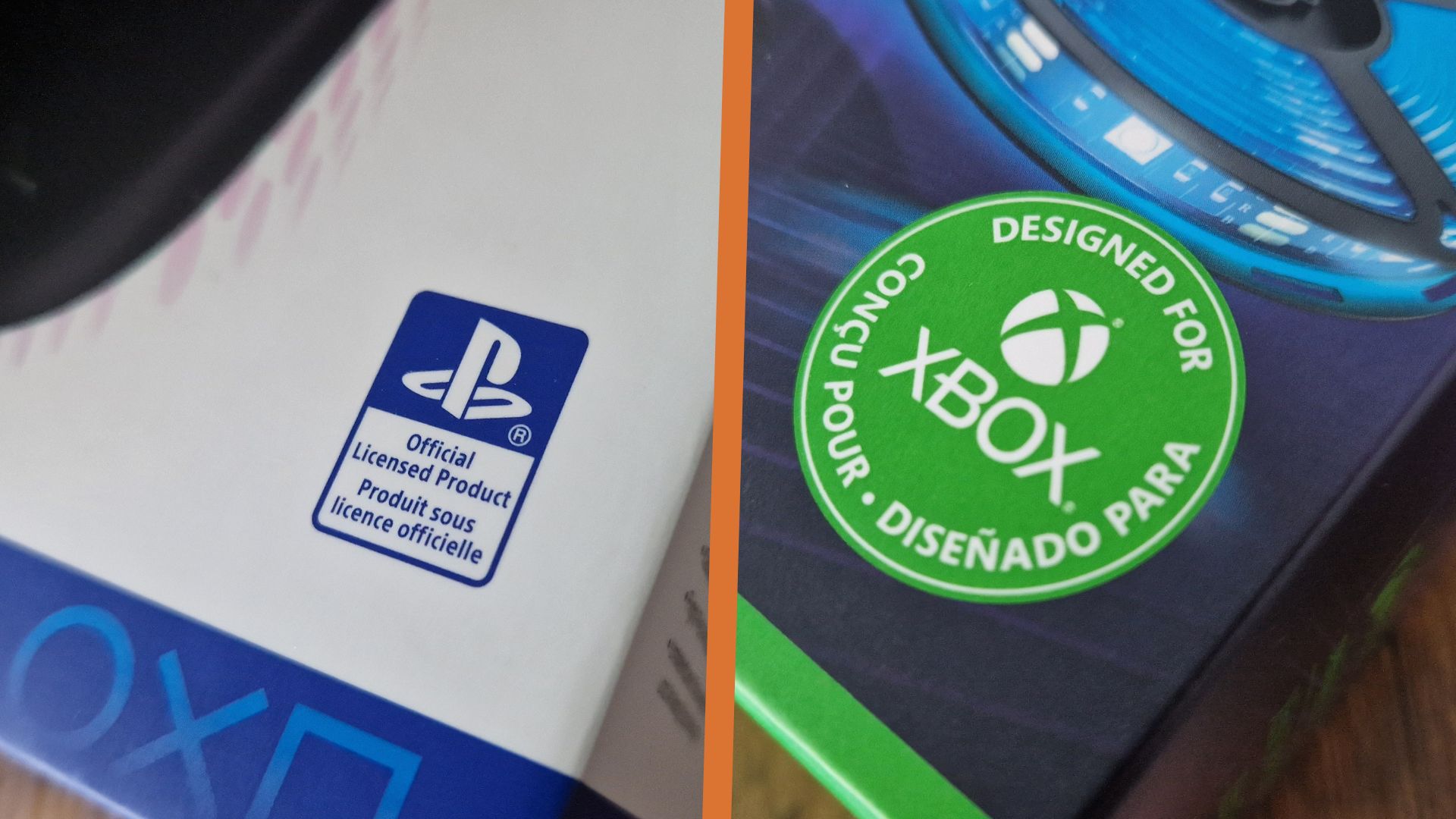
If you've recently bagged yourself a new third-party Xbox controller, you might receive a worrisome warning when you plug it into your console.
"The connected accessory is not authorized”, the Xbox will tell you. It now seems as though any unofficial Xbox controllers will cease to work with the Series X and S going forward. Once you're initially greeted by that error warning, the console will now block your accessory after two weeks of use.
Indeed, error 0x82d60002 caught some attention last week as more and more non-officially licensed Xbox Series X accessories are coming up against it.
Now, there are plenty of solid reasons for Xbox to make this change - it's been holding out on non-official controllers for a while now, but that's meant that a lot of cheating devices like the Cronus Zen have benefitted.
Unfortunately, cracking down on this also has unintended impacts. There are a lot of players that will be affected by this - particularly when you look at unlicensed arcade stick controllers used in fighting games, or accessibility-based controllers used by charities.
On the bright side, there are loads of officially licensed Xbox Series X controllers that won't be impacted at all, but if you're anything like me, you often wonder how these controllers get their officially licensed stamp of approval from Xbox or PlayStation in the first place. Is there a lot of work that goes into collaborating on these gamepads, or is it simply a paid-for watermark that goes on the packaging?
With Black Friday gaming deals arriving soon, it's probably not a bad shout for us all to know a bit more about this stuff. Which controllers are worth buying, and what signs should you look out for to make sure the gamepad, headset, or storage card you buy this November isn't going to be blocked by your platform of choice?
I recently sat down with Jessica Morrow, Vice President of Business Development for PDP - one of the best brands out there for officially licensed controllers. Jessica has been working on managing and maintaining license partnerships with brands like Activision, Sega, Nintendo, PlayStation, and Xbox for over 16 years now, so she's very familiar with the controller licensing world.
The big pitch
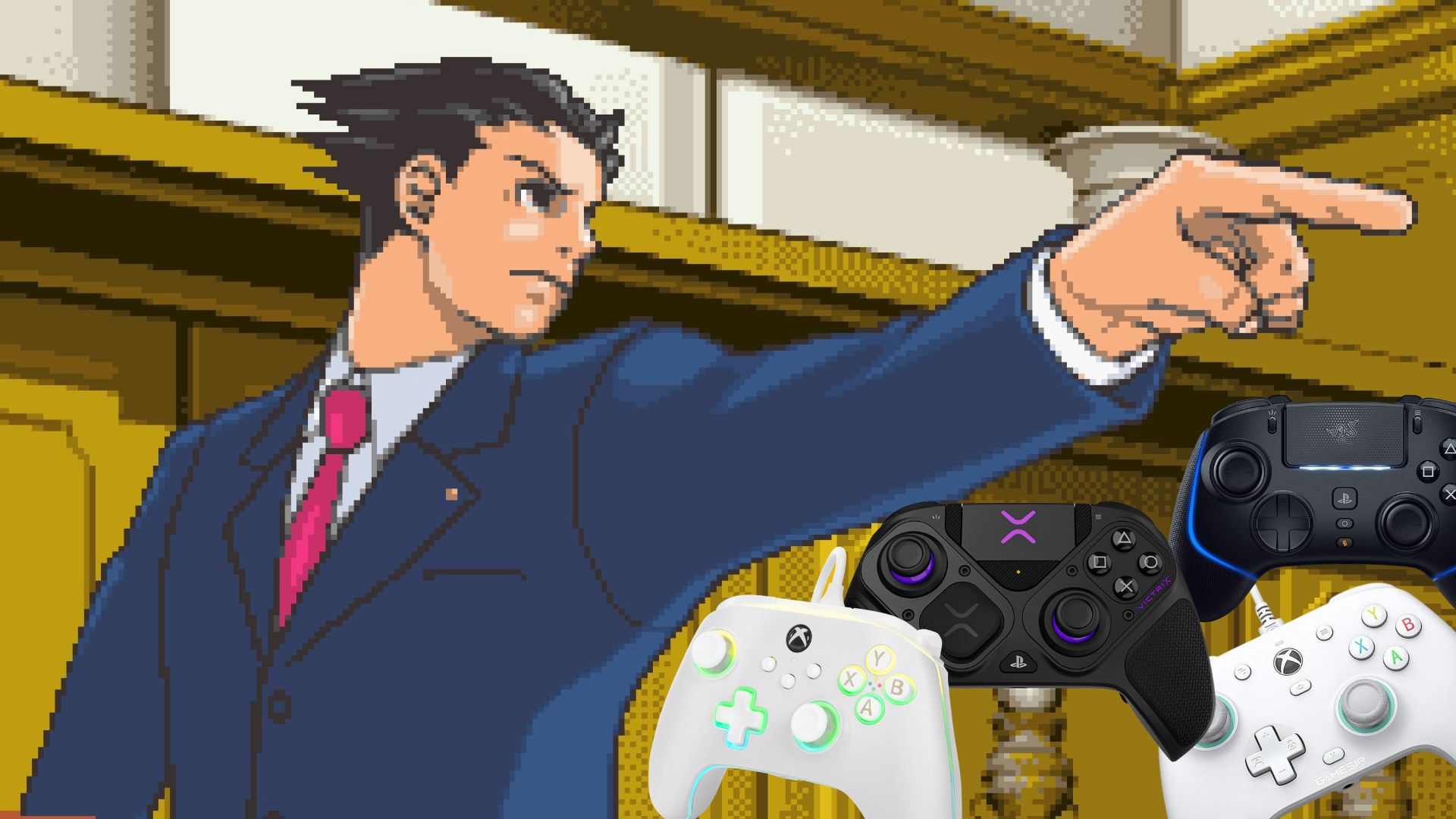
First things first - how do licensing agreements come about? It's not as though there's an easy application form you can fill out on the PlayStation Blog. I ask Jessica for a broad outline of the process.
Funnily enough, she tells me things usually begin with an idea.
"When we have a new product idea that's not already included in our current contract, it is a pitch process. We have an idea - here's what we think we can do, these are the features and functions, this is why we believe the market is ready for it", she says.
"We do a ton of research in that aspect, whether it's through looking at MPD data - we do consumer testing and surveys just to kind of give meat to our idea that says this will work... and then we pitch it to our partners."
Whichever brand is being pitched will then need to look at its own portfolio, both in regard to its first and third-party line of accessories, to ensure products won't be competing with one another too directly:
"They do try to be somewhat fair and not force partners into competition with each other... everyone's goal is to make sure that the consumer has a choice", Jessica tells me.
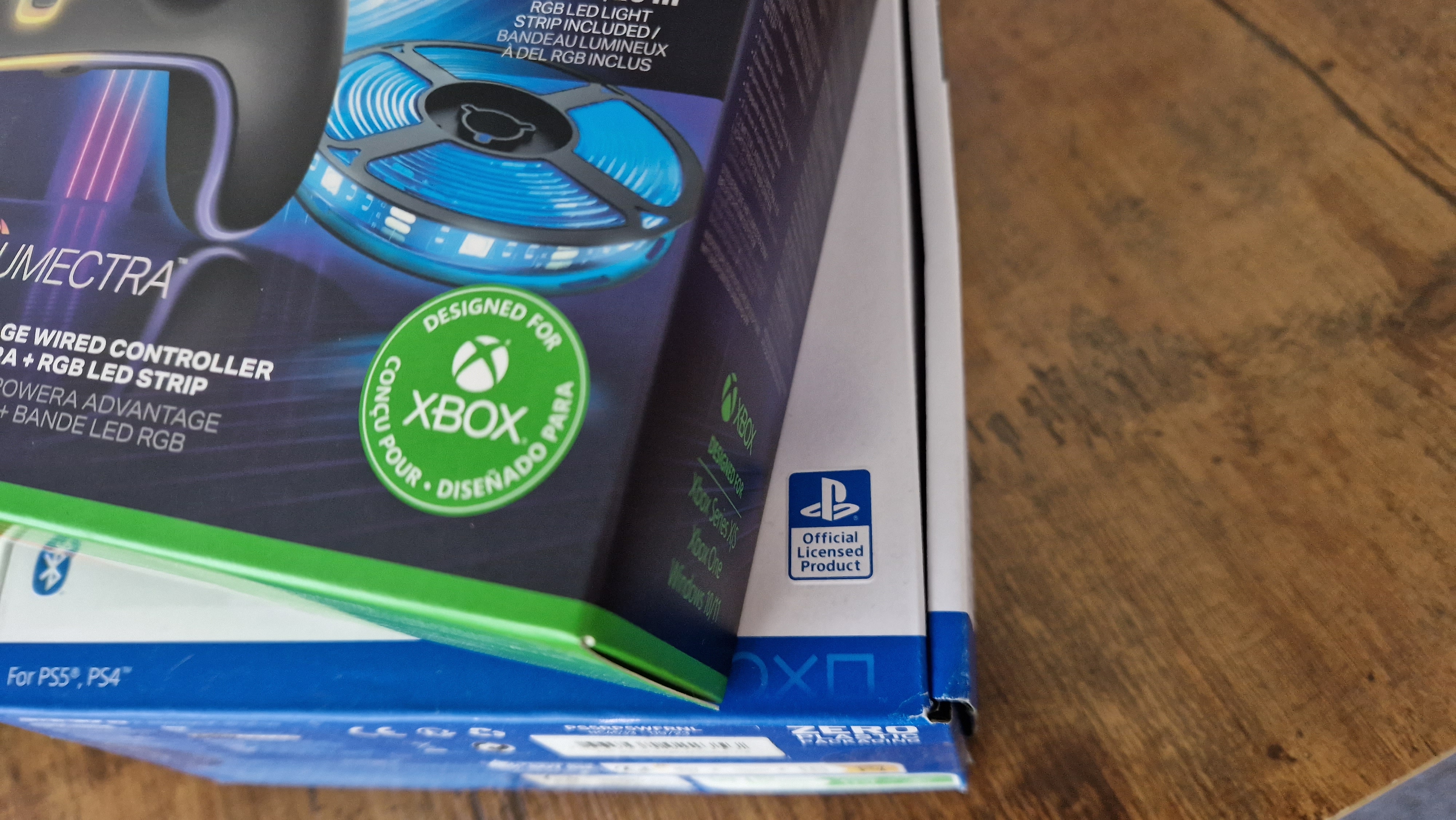
Pitching a concept, and then securing a licensing contract is a process that can take a year or more, so I'm told. Luckily, it doesn't seem too arduous for those involved.
"It's pretty easy once the relationship is established, again, because we talk so often. You build personal relationships... Licensing is a very small world", Jessica says fondly.
Once a controller gets its licensing and goes to market, there's also the matter of royalties to work out. Fortunately, these things are all agreed upon contractually to assure success for both parties, and the Business Development VP assures me the rates are pre-set fairly.
"I mean obviously to use the marks or purchase the proper chipsets that you need to make your product work on those consoles, you pay a royalty... you negotiate that. And they're pretty preset... each first party makes them as fair as possible. One guy doesn't have this huge, gargantuan royalty and this other guy who's been a partner for 20 years isn't barely paying anything, right?
"It's even, it's pretty fair... but obviously that royalty takes into account your margin."
Test, test, test
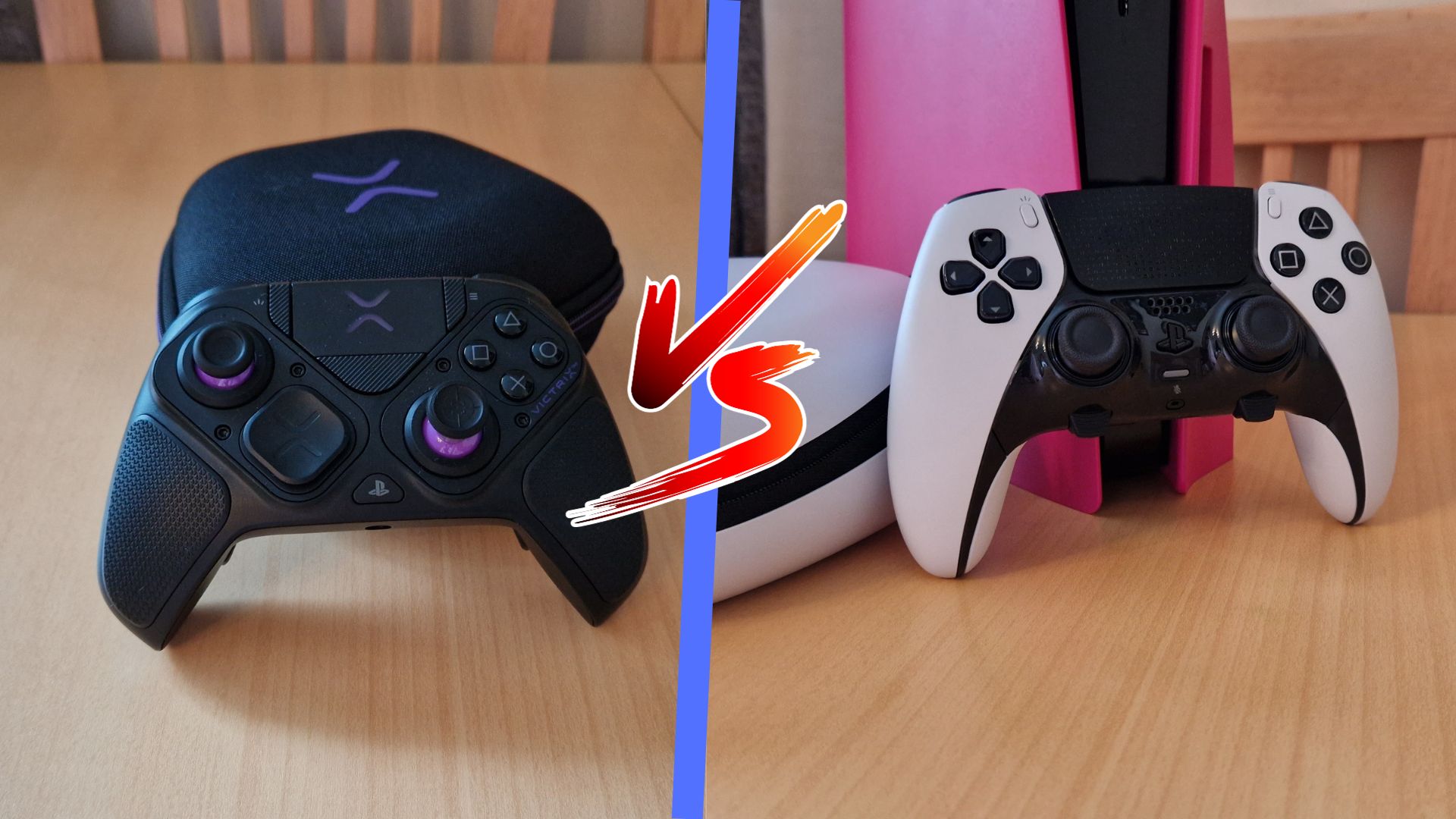
But what about the products themselves? As you'd expect, the best PS5 controllers need to be of the highest quality possible to win that official licensing. I ask Jessica how collaborative the process of making a licensed controller is, and how involved Sony or Microsoft is in the development of an accessory.
"There are chipsets that we have to purchase that we're held contractually obligated to buy from their approved supplier, we can't just source our own chipsets - they're an actual dictated item that we have to purchase as part of that contract."
This makes sense to me, and it explains why a certain controller can't be made for both PS5 and Xbox platforms. Beyond the rivalry between consoles, the chipsets for their controllers use different architectures.
"Sometimes they'll bring us an idea and it sparks from there and grows... It is truly a collaborative partnership. Most of our products go through 5 to 6 stages of approvals to get that final approval to go to mass production", Morrow notes.
Along with those internal tests and reviews, Jessica explains that each licensee will meet with a first-party representative once a week during the development process. In short, there's a lot of conversation between the various brands.

"They don't just hand out and say yeah you can make PlayStation stuff. No, no, no, they go through rigorous testing. PlayStation specifically, they go through testing in Japan at PlayStation Japan, so our products are shipped there.
"And that's why it is so important for gamers to purchase licensed product versus unlicensed product. To get the true best gaming experience, it has to go through all these validations", Jessica assures me.
You can always tell an officially licensed accessory from a non-licensed one because you'll see a small branding badge in the corner of its packaging, or on its online retail page, so look out for these when you're shopping for Black Friday Xbox controller deals this Thanksgiving. For officially licensed Xbox accessories, you usually get a free Game Pass trial thrown into your packaging too, which is a nice little bonus.
The rules of the game

One thing I'm especially keen to ask Jessica about are the stipulations Xbox and PlayStation might put on a controller manufacturer.
In reviewing the best Xbox Series X controllers, I've been frequently frustrated by the fact that all of the official third-party options are wired, for example. Meanwhile, on the PlayStation side, officially licensed gamepads for the PS5 won't have any rumble, and can't turn the console on using the power button.
"You see a lot less controller products for PlayStation 5, right?" Jess agrees.
"The ones that are out there like PDP's Victrix Pro BFG is your, you know, very high-end, E-sports, top-of-the-line, higher than first party. Whereas you'll notice with Microsoft there's a little bit more variety, however, third-party controllers are always wired.
"That's a requirement. A lot of people don't understand that there are very specific parameters that third-party partners have to fall into and abide by."
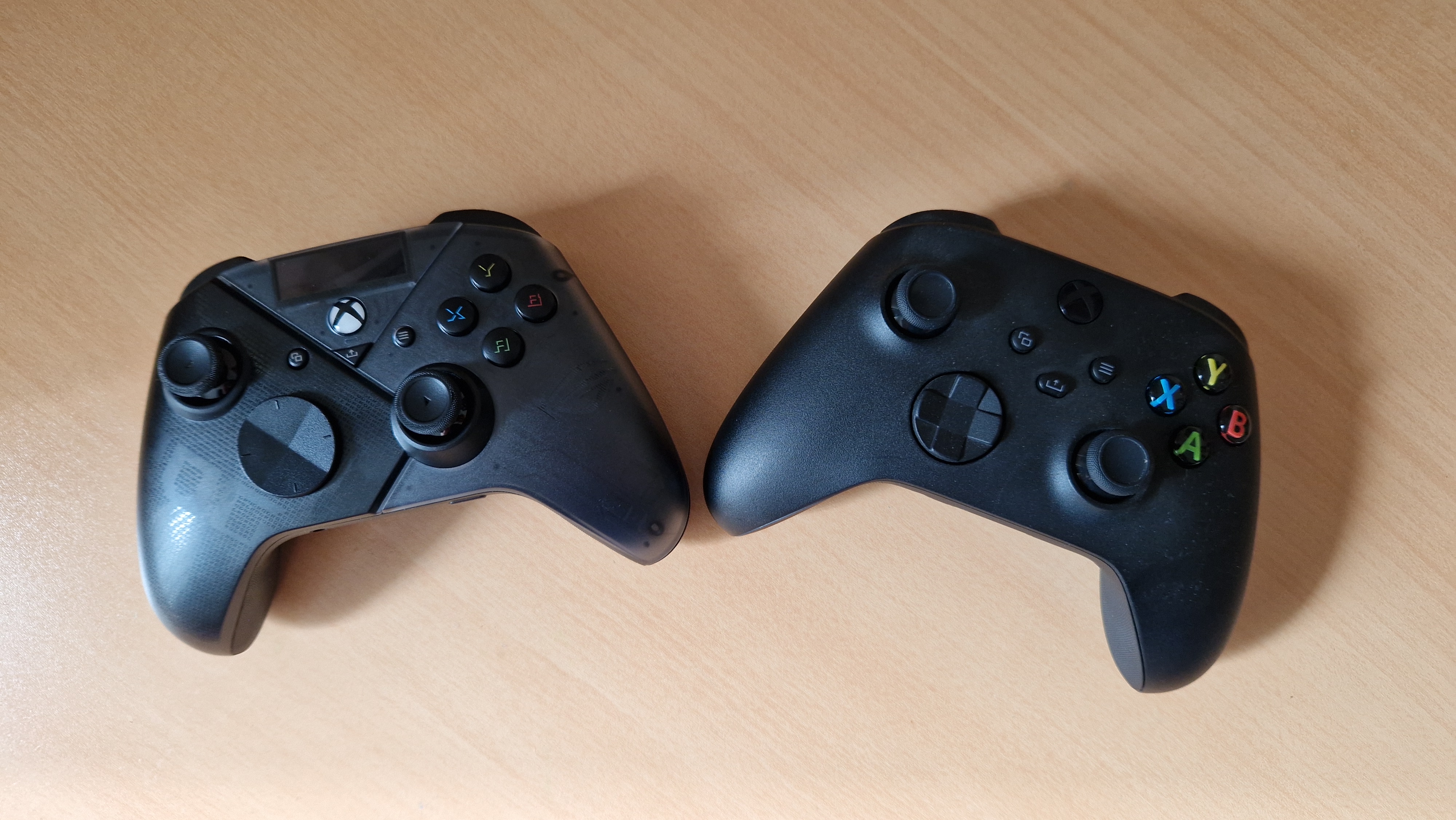
From talking to the folks at Nacon about their new Revolution 5 Pro controller, I learned a little bit more about the specific stipulations placed on PS5 controllers. It would appear that bespoke PS5 DualSense features like adaptive trigger resistance and haptic feedback are missing from third-party options because Sony wants to keep them for its own products. So not only do Nacon, PDP, and Razer not get haptics, but they also can't use basic rumble because it wouldn't match up with the software Sony uses for its own devices like the DualSense Edge.
I found this particularly eye-opening - next time I review an officially licensed controller I'll know not to be too harsh when it doesn't have these simple features you'd definitely expect for the money. As it turns out, these aren't shortcomings on the manufacturer's part, they're contractual obligations in order for licensing to be secured.
On the upside, officially licensed third-party controllers can sometimes offer value for money that first-party ones can't, which makes the review process an interesting one. For example, the folks at Nacon told me that PlayStation was happy to license their new gamepad's Hall Sensor sticks, and when you think of the DualSense's stick drift issues, that's an incredible boost in value for Nacon's product.
Jessica admitted to me the required parameters third-party brands need to adhere to are always fluctuating, and if they pitch something that pushes the boundaries, there's always a chance for a "no" today to turn into a "maybe" at some point down the line.
Make room for the little guy
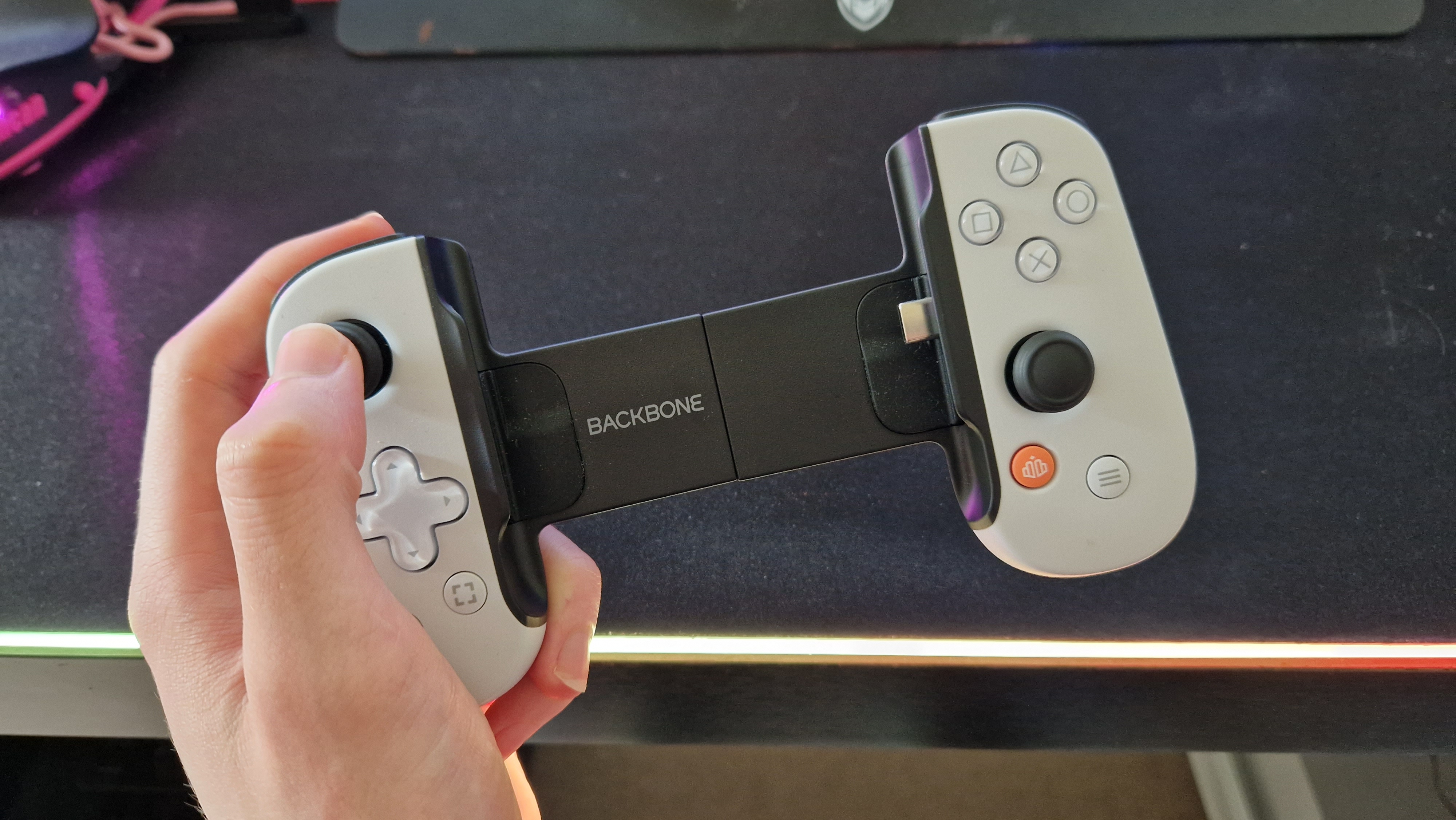
So that's all well and good for established hardware brands, but what about startups and emerging accessory brands that aren't so well connected with the licensing world? With Xbox beginning to block unofficial controllers, there are bound to be hardware brands out there that now want to secure licensing for the first time in order to keep their technology viable.
"You know, to be honest, it depends on the company and it depends on what your product idea is, right?" Jessica starts.
"If it's truly something new, you can probably get a meeting. However, it is hard if you only have one idea because it is difficult to gain a contract for one SKU.
"It's also hard to go out to retail and sell one SKU", she adds.
From the sounds of it, the best way to contact the appropriate licensing folks at PlayStation and Xbox seems to be by forging connections at industry events and conferences. Even then, it might be tough to get your foot in the door:
"It is hard. PDP has been partnered with PlayStation and Microsoft for several years and those contracts auto-renew or we just kind of renew them... I would say it is probably not the easiest thing for a brand-new company to get in unless they have a really fantastic idea. But if they're coming and trying to do the same thing that maybe an established partner does, that's gonna be a difficult entry point."
Should you buy officially licensed accessories this Black Friday?
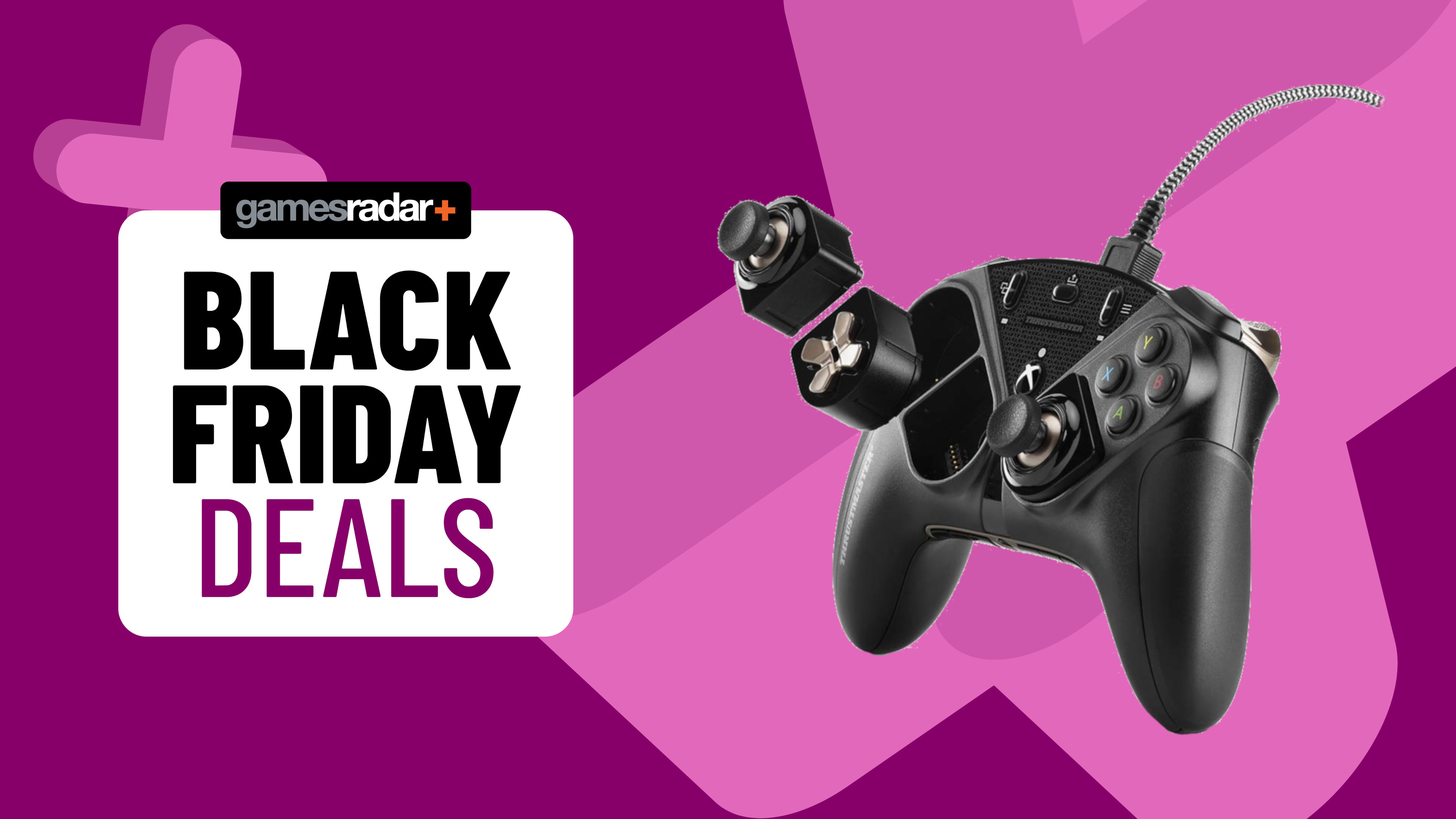
So what does all this mean for shoppers this winter? If you're planning on grabbing yourself a new controller, or even one of the best PS5 accessories, shopping for an officially licensed product is the best way to ensure you get a quality piece of hardware.
Particularly when it comes to controllers, that official licensing badge is actually important after all. When it comes to wireless headsets, this can be vital too, as often one wireless headset will have the same console-specific chipsets that gamepads do.
The only time you don't need to worry quite so much about officially licensed accessories is when you're looking to increase your storage. If you're on the hunt for one of the best PS5 SSDs, you'll find loads of options that won't have licensing and will work just fine - the same goes for the best Xbox Series X hard drives, particularly external ones. There are a few officially licensed PS5 SSDs, and there are the two expansion cards for Xbox Series X and S. While these are certainly worth buying and might offer you great performance, you don't need to go for them to ensure you get a product that will work.
If you're shopping for deals on the best PC controllers on the market before Black Friday, check out our price comparison software below:
For more on Black Friday, check out our coverage of Black Friday PS5 deals, Black Friday Xbox deals, and Black Friday PS5 SSD deals.







